By Gerald Mbanda
The coming year 2026 has been designated as the China–Africa Year of People-to-People Exchanges, marking an important moment in the long history of cooperation between the two sides. For decades, China and African nations have developed ties through trade, infrastructure, education, medical cooperation, and cultural interaction. The 2026 initiative places a special emphasis on strengthening the human dimension of this partnership. It seeks to deepen mutual understanding, expand cultural and social cooperation, and ensure that ordinary citizens—not only governments—feel the benefits of the relationship.
The year 2026 aims to highlight a shared vision of modernization, mutual respect, and long-term friendship. China and Africa plan to organize a wide range of programs across cultural, academic, and civil-society sectors. The intention is to create platforms where individuals can learn from one another, exchange experiences, and form lasting bonds. These efforts are rooted in the recognition that strong people-to-people ties help build a stable and resilient foundation for political and economic cooperation.
One of the most important aspects of the year will be the engagement of youth. Both sides understand that young people are central to future cooperation, innovation, and leadership. As a result, 2026 is expected to feature youth festivals, leadership forums, innovation competitions, and exchange camps. These events will encourage young Africans and Chinese to share ideas, collaborate on development challenges, and explore possibilities in entrepreneurship, science, and the digital economy. For many participants, these exchanges may open doors to long-term partnerships, educational opportunities, and new career paths.
Skills development will also play a major role throughout the year. China is expected to expand vocational training opportunities for African students, with programs emphasizing engineering, technology, agriculture, manufacturing, and other areas crucial to industrialization. Practical skills, especially among women and young people, will be at the center of these efforts. Training centers and collaborative educational institutions will help prepare a workforce that can contribute to Africa’s modernization as well as China-Africa industrial cooperation.
A wide variety of events are expected in 2026—ranging from cultural festivals and art exhibitions to film and television collaborations—will promote mutual appreciation and visibility. Sports exchanges, photography exhibitions, book fairs, martial arts demonstrations, and digital content partnerships will bring both sides closer socially and creatively. These interactions help break stereotypes, enrich aesthetic understanding, and bring everyday citizens into meaningful contact with each other’s traditions and contemporary cultures. Social media campaigns and collaborations with young influencers may further expand the reach of these cultural activities to global audiences.
Practical cooperation that directly benefits communities is also expected. Chinese medical teams will continue to work in African countries, expanding health outreach and supporting local hospitals. Programs focused on poverty reduction, environmental protection, and community development will be strengthened. The year provides an opportunity for experts and practitioners to exchange approaches to rural development, public administration, and inclusive economic growth.
Academic conferences, think-tank dialogues, and media forums will encourage deeper intellectual and policy exchanges. These conversations will allow both sides to share experiences in governance, modernization, and social transformation. By establishing channels for continuous dialogue, China and Africa hope to enhance mutual trust and develop solutions that reflect shared priorities.
Both sides aim to document achievements, celebrate successful initiatives, and plan the next steps for cooperation. The accumulated experiences will contribute to a long-term legacy in which cultural understanding, educational collaboration, and community partnerships become integral components of the China-Africa relationship.
The China–Africa Year of People-to-People Exchanges represents an investment in human connections that can outlast economic cycles and political changes. By bringing citizens together, the year 2026 has the potential to strengthen a partnership built not only onshared interests, but also on shared aspirations and mutual respect.
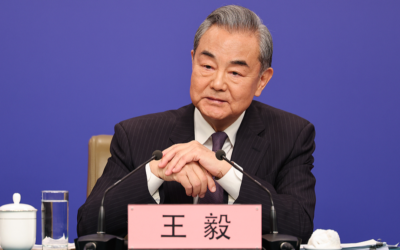
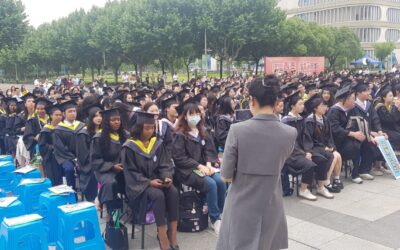
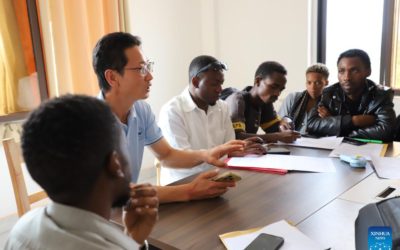

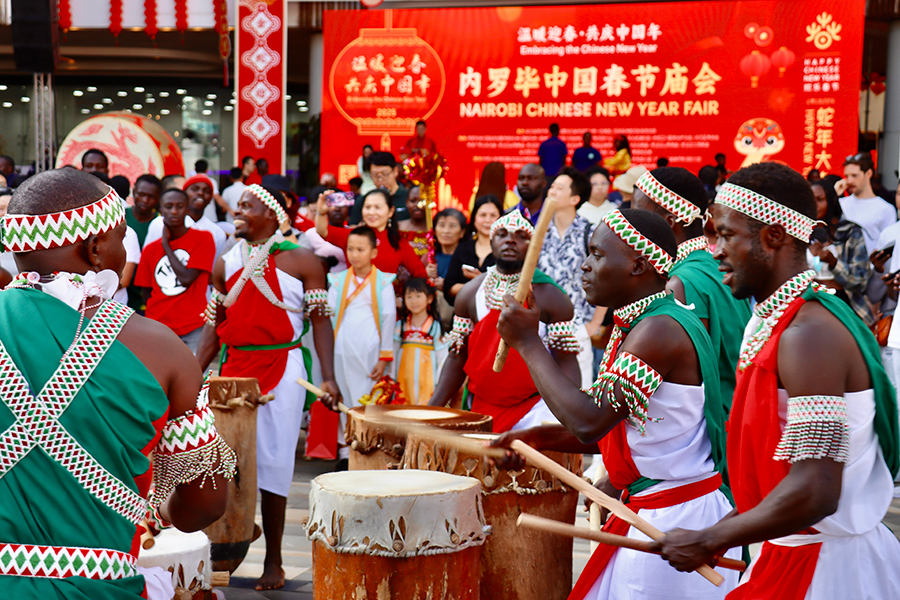
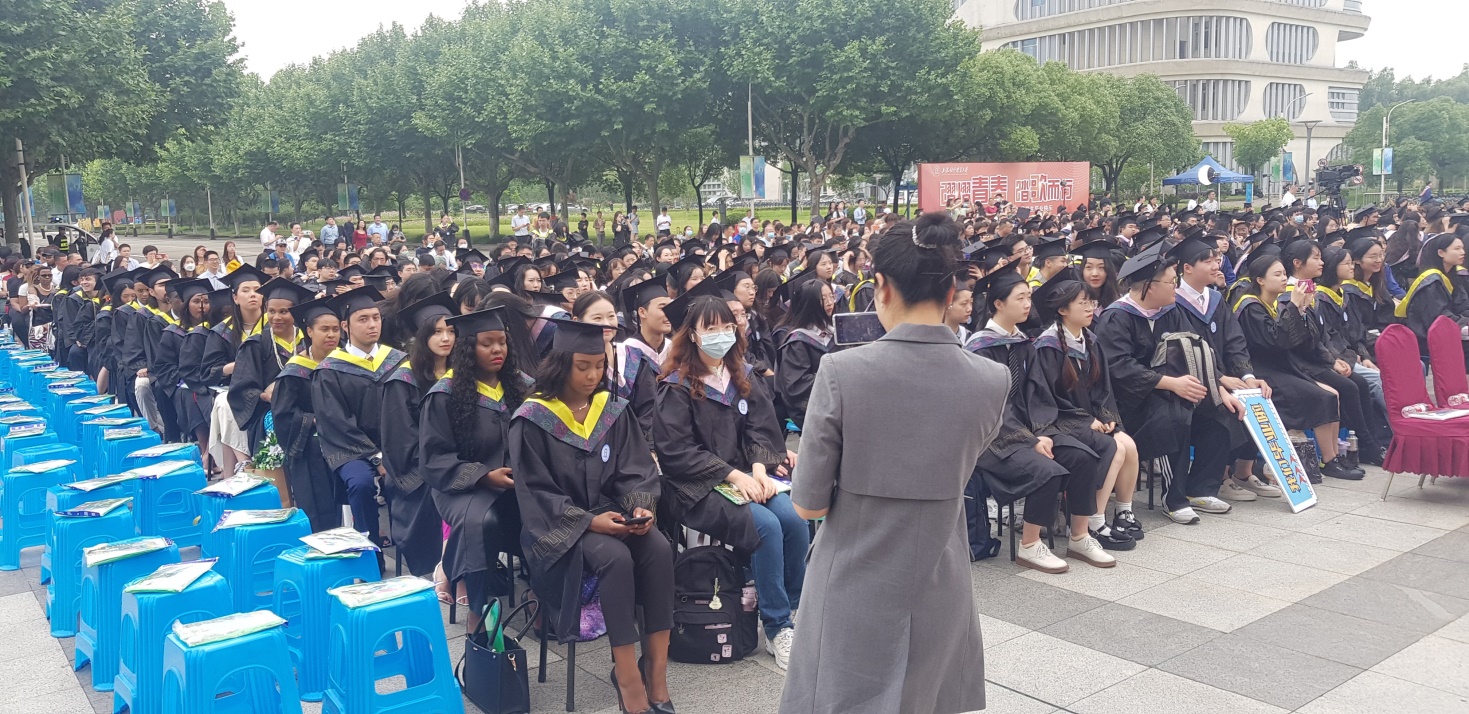
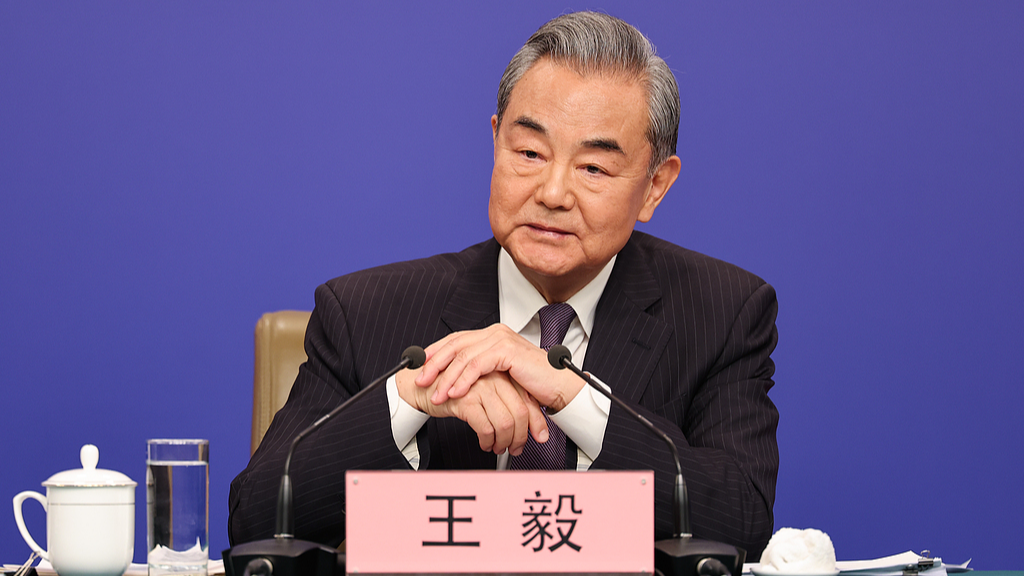
8xx07, huh? Looks like some kind of info site. Not really my thing, but if you’re into random stuff, give it a browse. Can’t hurt, right? Maybe you’ll find something interesting. *shrugs* 8xx07
Bei über 3.500 Geldspielautomaten ist grenzenloser Spaß beinahe garantiert.
Natürlich sind die meisten Casinospiele Slotautomaten. Die Casinospiele sind in die Kategorien Video Spielautomaten, Video Poker, Video Bingo,
Tischspiele, Rubbelloskarten, Jackpotspiele und neue
Spiele eingeteilt. In den weitläufigen Räumen werden uns über 4.000 Casinospiele angeboten. Freu dich auf 1.000€ Bonus und 125 Freispiele alles ohne Umsatzbedingungen. Im Horus Casino erwarten dich über 4.000 Casinospiele von mehr als 30
Studios und 4 Live Casino Studios.
Und wenn das noch nicht genug ist, warten im Willkommenspaket Dutzende von Freispielen auf Sie.
Dafür muss man sich nicht anmelden – klicken Sie auf
“für Spaß spielen” und testen die spanende Glücksspiele.
Wenn Sie sсhon lange Spielautomaten spielen, raten wir
Ihnen den Live-Modus testen. Mit mehr als 4.000 Spielautomaten, Tischspielen und Live-Dealer-Räumen ist dieses Casino im ägyptischen Stil ideal für den anspruchsvollsten Spieler.
Spieler unter 18 Jahre dürfen sich nicht anmelden und um Echtgeld spielen. Dies ist eine
vertrauenswürdige Lizenz, sodass Sie ohne Sorgen auf Horus spielen können.
References:
https://online-spielhallen.de/bwin-deutschland-casino-bonus-spiele-login/
Mit diesem speziellen Code erhalten Sie zusätzliche Boni,
die Ihre Gewinnchancen erhöhen und Ihnen mehr Spaß beim
Spielen ermöglichen. Egal, ob Sie in der Mittagspause,
im Zug oder gemütlich zu Hause sind, die Casino of Gold App bietet ein echtes Casino-Erlebnis in der Handfläche.
Die App ermöglicht es den Spielern, ihre Lieblingsspiele jederzeit und überall zu
genießen. Die Casino of Gold App verfügt über eine große Auswahl an Spielen, darunter klassische Tischspiele wie Blackjack, Roulette und Poker.
Mit einer übersichtlichen Benutzeroberfläche und
beeindruckenden Grafiken ist diese App einfach zu bedienen und bietet stundenlange Unterhaltung.
Das Filtern nach Volatilität, Anbieter oder begehrten Bonusrunden ist unkompliziert
und stellt sicher, dass sowohl Anfänger als auch erfahrene Spieler spannende Erlebnisse
finden. Die benutzerfreundliche Oberfläche bietet Auswahlmöglichkeiten, die den Benutzern die Auswahl erleichtern,
was das Engagement und die allgemeine Zufriedenheit
steigert. Aktivieren Sie, wenn möglich, die Zwei-Faktor-Authentifizierung, um jede
Anmeldung und Geldüberweisung noch sicherer zu machen. Um die Risiken zu verringern, wählen Sie ein sicheres Passwort und
verwenden Sie niemals dieselben Anmeldeinformationen auf mehr als einer Website.
Die Einrichtung eines sicheren Kontos in der Casino of Gold-App
ist einfach und trägt dazu bei, Ihre privaten Daten zu schützen und gleichzeitig die Verwaltung Ihrer Zahlungen zu vereinfachen.
Durch konsequente Nutzung der Zwei-Faktor-Authentifizierung und sichere Aufbewahrung Ihrer
Backup-Codes schützen Sie Ihr Konto vor 99% aller Angriffe.
Der Casino of Gold Login ist weitaus mehr als ein simples
Anmeldetool – er ist die Basis für ein sicheres, profitables und langfristig genießbares Spielerlebnis.
Bei Stornierungen oder Rückfragen nutzen Sie diese Nummer als ersten Support-Bezugspunkt.
Gizbo Casino Auszahlung nicht erhalten
References:
https://online-spielhallen.de/monro-casino-aktionscodes-ihr-schlussel-zu-mehr-spielspas/
YDxl
The casino also offers some amazing bonuses and
promotions that will make your gaming experience even better.
The casino offers an amazingly wide range of gaming options, giving
players the chance to find a playstyle that’s absolutely perfect for you!
At the end of the day, we have a great new generation online casino for bonus hunters and connoisseurs of
hassle-free casino games. Register today to claim your welcome bonus and join thousands of satisfied Aussie players at one of
the most reputable online casino sites in Australia!
When it comes to payments, RocketPlay Casino supports several methods for easy deposits and withdrawals.
This makes RocketPlay Casino Australia appealing to both casual players and high rollers.
You can also enjoy a variety of table games
such as blackjack, roulette, and baccarat. Australian players
can access RocketPlay Casino Australia and play without worrying about legal issues.
The VIP program is the most reputable and unique promotion of its kind offered by
this progressive online casino. Five impressive bonuses, fairly easy wagering limits and a VIP program
define all the benefits it offers. Are you constantly wondering where to find
numerous deposit bonuses, free spins and generous cash rewards?
This dedication to speed and reliability makes opportunity in Rocket Play casino play
online perfect for you! This fantastic setup is a
huge draw for players in Rocket Play casino Australia!
This amazing variety makes Rocket Play Casino the perfect platform for even the most discerning players!
References:
https://blackcoin.co/welcome-to-your-new-casino-adventure-online/
Shapez is an open source base building game on Steam inspired
by factorio! Run Windows software and games on Linux Pterodactyl® is
a free, open-source game server management panel
built with PHP, React, and Go. 🎮 📝 A list of Game Development resources to make
magic happen.
Welcome to the Python Games Collection repository!
There was an error while loading. Flip the cards, try to remember their positions, and match
all pairs to win the game! A puzzle game where the objective is
to combine tiles with the same value to reach the elusive 2048
tile.
References:
https://blackcoin.co/45_exclusive-new-jersey-online-poker-vip-programs-compared_rewrite_1/
Sun International slot games offer denominations ranging from 1c
to R100. Our table games use casino value chips that can be purchased from the Cash Desk or at the tables.
Sun International casinos offer an exciting and entertaining range of
casino table games including Roulette, Poker,
Blackjack and many more.
For Australians seeking crypto support and a broad pokies library,
WinSpirit remains an attractive option. The support team can also advise on regional
availability if you see messages that WinSpirit site
is not available in your country. Always provide transaction screenshots if you report
payment issues to speed up resolution. The team assists with account verification, banking queries and
bonus clarifications. Quests and weekly missions give frequent chances to earn free spins and bonus credits.
WinSpirit runs regular tournaments, provider-specific
events and Pragmatic Play Drops & Wins style promotions with cash pools and leaderboard prizes.
References:
https://blackcoin.co/winspirit-bonus-code-a-comprehensive-gaming-guide-to-casino-bonuses-in-australia/
He had contacted support multiple times, but the issue remained unresolved.
Despite having successfully completed verification, he learned
that previous deposits had been processed without
issues, leaving him frustrated about the situation. After winning over
50k, he experienced account closure without explanation and was subsequently banned for life, despite not receiving confirmation of the returned funds.
Keep on playing and skyrocketing your victories beyond the imagination!
We’re committed to providing you with the best gaming experience.
Thank you for being an incredible RocketPlay player!
These tournaments provide additional winning opportunities beyond the
standard game payouts and add an extra competitive element
to your gaming sessions. RocketPlay also features Drops & Wins tournaments from Pragmatic Play,
offering random cash prizes and multipliers during gameplay.
Some tournaments run on specific games, while others allow you to participate across multiple titles.
References:
https://blackcoin.co/best-live-dealer-online-casinos-in-australia/
casino avec paypal
References:
https://jskenglish.com/forums/users/hubertbright017
best online casino usa paypal
References:
adremcareers.com
australian online casinos that accept paypal
References:
optimaplacement.com
online american casinos that accept paypal
References:
behired.eu
casino online paypal
References:
https://jobteck.com/companies/best-online-casinos-australia-top-aussie-gambling-sites-2025